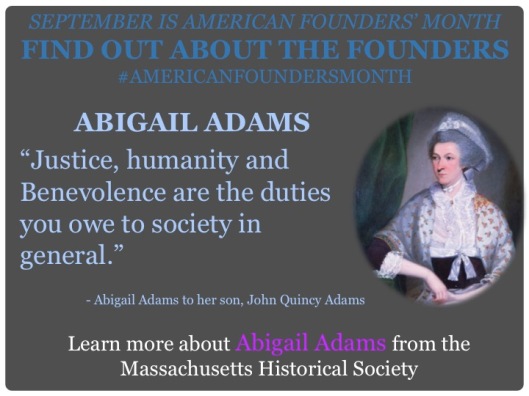We wanted to let everyone know about several updates this month from NCDD member org, Kettering Foundation on their Common Ground for Action online forum. Coming up quick is the CGA forum on climate choices being held tomorrow (September 8th – Register ASAP!) and another CGA forum on healthcare on September 21st. Later on in the month, Kara Dillard will be hosting a two-part training on how to use CGA forums in your communities or places of work. Register to join these online forums and trainings by clicking on the links in the announcement below. This announcement was from the September Kettering newsletter – sign up here to start receiving their newsletter.
Common Ground for Action: Updates, Upcoming Forums, and Moderator Training
 The largest public university in the country, the Ohio State University, is using Common Ground for Action online forums as part of its first-year experience programming again this year, offering students the chance to participate in deliberative forums on climate choices and other issues. CGA is also being used by many other teachers in colleges around the country, including Lone Star College in Texas, Florida International University, and the University of Washington.
The largest public university in the country, the Ohio State University, is using Common Ground for Action online forums as part of its first-year experience programming again this year, offering students the chance to participate in deliberative forums on climate choices and other issues. CGA is also being used by many other teachers in colleges around the country, including Lone Star College in Texas, Florida International University, and the University of Washington.
If you haven’t had a chance to participate in an online deliberative forum using KF and NIFI’s Common Ground for Action platform yet, or if you want to participate in a forum on Climate Choices or Health Care, there are two open forums in the next couple of weeks.
Friday, September 8, 1 p.m. EST/10 a.m. PST | Climate Choices | REGISTER
Thursday, September 21, 12 p.m. EST/9 a.m. PST | Health Care | REGISTER
If you’re unable to participate in either of those forums, click on the button below to sign up to receive e-mail invitations to other upcoming CGA forums.
Would you like to learn to use CGA in your work or community? Kara Dillard, an experienced moderator of CGA forums, is leading an online training session soon. The session consists of two parts, Thursday, September 21, at 12 p.m. ET and Friday, September 22, at 4 p.m. ET. The first session consists of participating in a CGA forum; the second session walks participants through moderating an online forum and using the support materials. REGISTER.


